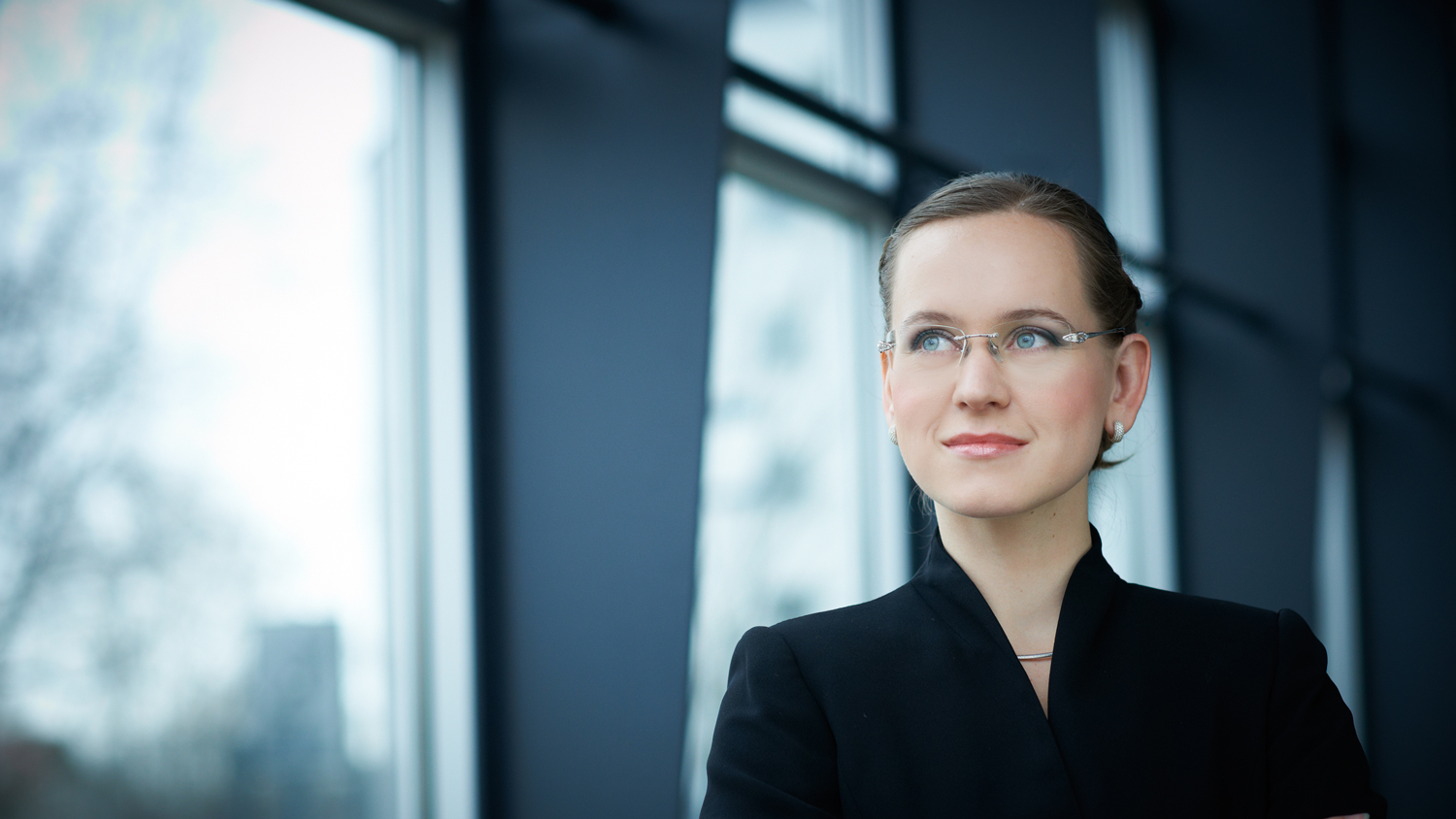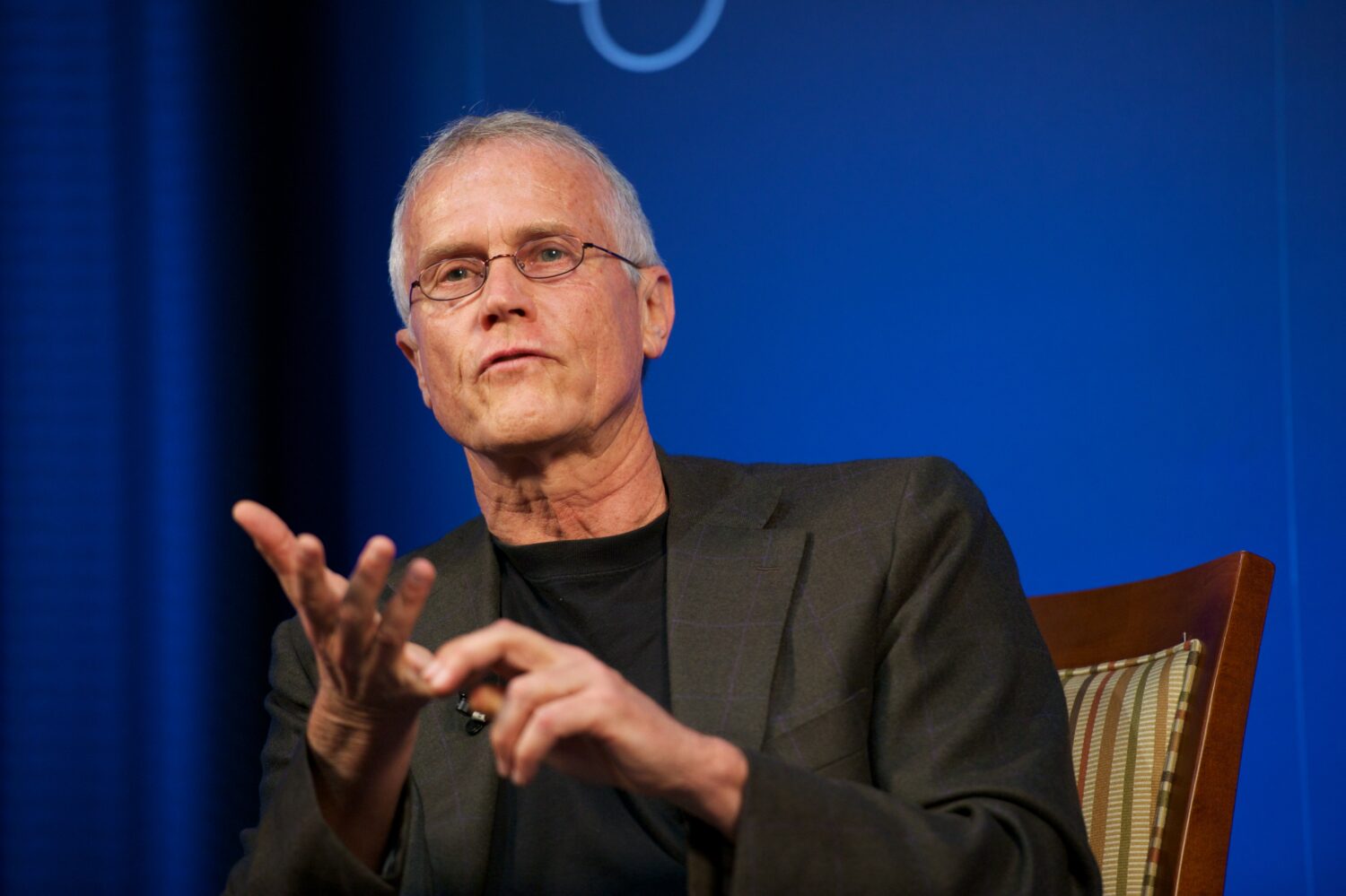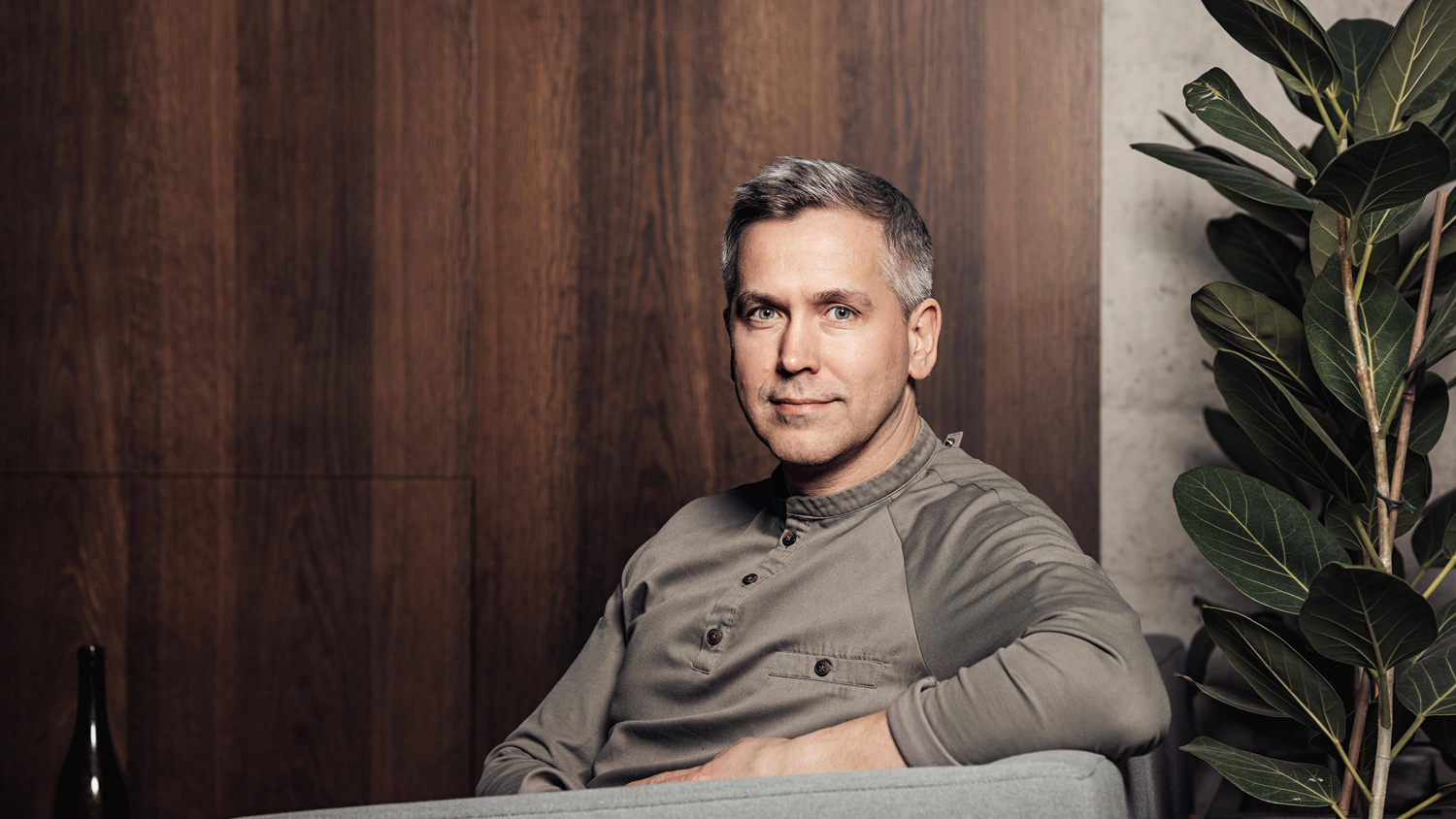Over the past 20 years, Kaido Kaare has led various food companies in Estonia, such as Wõro, Atria, Kalev, and Põltsamaa. Today, he steers Orkla Eesti AS on a steady course to ensure that Estonians’ dining table aligns with current times and sustainable goals.
Although Kaido, originally from an island called Saaremaa, had the opportunity to pursue maritime studies at a maritime school, he chose entrepreneurship and the food industry. He was, and continues to be, drawn to the world of food because of its fascinating nature. As Kaido puts it, food is something that ignites passions and leaves no one indifferent. Furthermore, the food and food industry are in constant evolution, ensuring that working in this field is never dull.
What is the future of the food sector within the framework of sustainability?
The food sector has a significant impact on both the environment and people, as humanity needs to eat, and food production and agriculture must ensure an adequate food supply. As a company, we have a crucial role and responsibility in developing sustainability and preserving the planetary fertility. It’s essential to consider how food is produced, how raw materials are processed, and how many resources are required for these processes.
I would highlight three aspects here. Firstly, everything related to raw materials – fields, farms, etc. The key is how raw materials are produced, ensuring environmentally friendly and efficient preparation, minimizing waste, and reaching the right level of processing. Globally, according to our data, one-third of all food is wasted every year, never making it to people’s dining tables. At the same time, a a lot of people are constantly facing food shortages and hunger, indicating an imbalance. The second important issue is packaging. Quality is crucial in the food industry. Food must not spoil or be of low quality, and packaging is necessary in various forms – whether it’s film, glass, plastic, or something else. In terms of the future, packaging and its innovation are vital areas where the food sector can make a significant impact. Thirdly, it is important how we sustainably utilize the resources required for processing our raw materials.
How is your company currently doing? Are you on track with setting and achieving your sustainability goals?
Orkla Group has established clear sustainability goals. These are ambitious goals tied to globally set objectives, such as slowing down the temperature increase, recycling and circularity of packaging. Achieving net zero emissions by 2050 is a very ambitious goal, but at the same time, we don’t have other options. The planet will most probably manage, but can humanity manage?
Whether climate goals are being achieved is a complex question. When looking at global developments and listening to discussions at various climate conferences, these goals have not been strongly fulfilled so far, which is a significant global issue. We all need to contribute here. We don’t have any other choices. The question is, where to start? The food industry has taken significant steps forward in terms of raw materials and packaging. Especially in terms of reduction and thinning of the packages, and the adoption of more environmentally friendly materials. Raw materials are also being used and managed more efficiently.
We have discussed this within our company and found that it can be summed up best with three keywords: measure, understand, and influence. However, taking the first step in some areas is very challenging, as measuring our impact on the environment, whether it’s CO2 emissions or other footprints, is quite complex. If we can measure this and then understand the results, we can take action to reduce that impact. Just measuring and understanding is already a big step. And I wouldn’t dare to say that all companies can do it; it’s complex enough.
What innovations can we expect in the near future that will contribute to both the food sector and the sustainability of the planet?
The primary question today is how to feed humanity. And for that purpose, we haven’t yet utilized all the possibilities available, whether they are algae farms, insects, or other options. We will certainly see in the future that alternative quality protein sources which are not from animal source, will be increasingly used. We don’t yet fully know where these will come from exactly, but I believe it could be one of the solutions.
Lab-created food will also be significant in the long term, but currently, it’s still a marginal part of what reaches people’s tables. In the next 50 years, we won’t start consuming insects as food.
When did climate and related issues come to your company’s consciousness?
The topic of climate and related issues came sharply into our company’s focus in 2017 when we added sustainability goals to our agenda. This is partially related to the Orkla Group and partially to Orkla Eesti’s own sustainability strategy. We began fundamental work to understand what we were doing, how it was impacting the environment, and what changes we could make.
We have been doing this systematically for five to six years now and have realized that we can change our impact. There are many things that can be improved, such as how much and how we use raw materials and packaging. It also involves certain investments and collaboration with raw material and packaging companies that develop them, as well as how we use various resources in our factories.
I’ve been asked multiple times whether sustainability topics are being put on hold or halted due to the complex economic situation and the war in Ukraine. I’ve said that we definitely won’t do that. The pace might be somewhat slower at the moment, but we will definitely continue with it. We have set goals for 2025, 2030 and 2045. They are still in place, and that’s the direction we’re moving towards. I also hope that more and more companies come to a substantial understanding that without a sustainability agenda, it’s not possible to remain competitive or survive.
Interviewer: Kerttu Kongas




